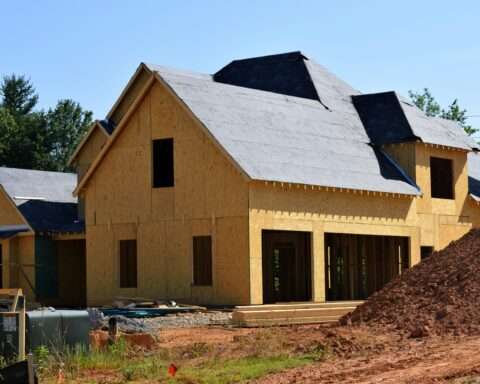A project to add a 25-mile bus rapid transit line that would have provided service to four universities and various major employers located throughout the Houston area is no longer moving forward.
Financial concerns and a need to prioritize essential services contributed to the Metro Transit Authority of Harris County Board of Directors’ decision not to move forward with a grant application for the $1.5 billion University Corridor Project, the board decided Monday at its monthly strategic planning meeting.
METRO’s decision came five years after Houston voters approved the project in 2019 as part of a $3.5 billion bond referendum to support the METRONext Moving Forward Plan.
The Moving Forward Plan calls for 500 miles of travel improvements to support mobility in the Houston area without a tax increase and requesting through the Federal Transit Authority an up to 60% federal match under the Capital Investment Grants Program.
The FTA in December greenlit the University Corridor Project to move into the engineering phase, approving an environmental review.
However, financial estimates for the project in 2019 were aspirational, METRO said. The COVID-19 pandemic significantly reduced ridership and increased costs — variables that were not calculated at the time the project was proposed, the METRO Board of Directors said.
Moving forward with the project as planned would put the agency in a position that would financially impact its day-to-day operations and “severely limit the ability to implement essential services such as increased public safety, bus frequency, bus and train cleanliness, improved bus shelters, and enhanced sidewalks and roadways” because a federal grant would not cover the estimated $1.5 billion cost, METRO said.
“Our priority is a public transit system that is safe, clean, reliable and accessible,” METRO Chair Elizabeth González Brock said. “METRO’s decision to not proceed with the federal grant process at this time is based upon the need to prioritize improved customer and community essential services and will better position the Authority to increase overall system ridership.”
Metro said the FTA told its executive staff the agency could apply for funding at a later date and its decision would not impact other funding opportunities.
METRO said the decision did not impact its plans to move forward with the $220 million Gulfton Transit and Revitalization Project, which involves extending a bus rapid transit line to the Gulfton area in southwest Houston.
The Gulfton Transit and Revitalization Project is intended to connect high-density residential communities in southwest Houston with nearby recreational facilities, shopping centers, schools, and a social services center, as well as regionwide destinations via connections to other high-ridership transit routes.
“We will continue to engage with METRO customers, community leaders and key stakeholders as we review the viability of future projects and initiatives,” Brock said.












